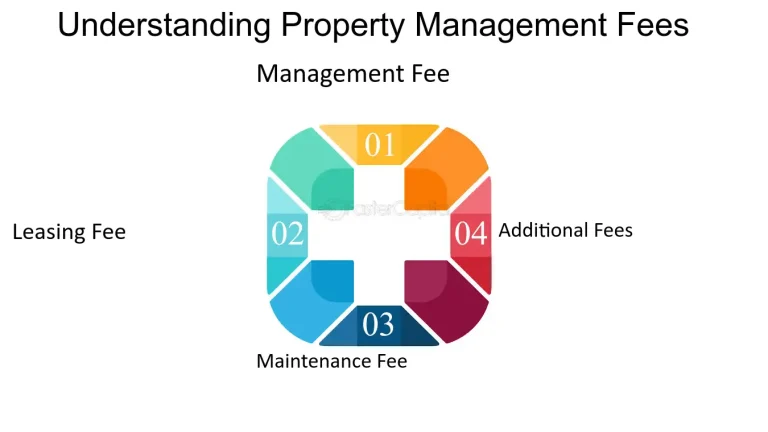Evaluating Cloud Migration Services
Making the correct choice in cloud migration services provider is crucial to the productivity and success of your company.
Evaluate applications and workloads for suitability, complexity, and dependencies. Determine cost-performance optimization by assessing and prioritizing your data based on sensitive transactions, response times, and application infrastructure requirements.
Reliability
Reliability is a crucial factor when evaluating cloud migration services. Your organization will need a reliable and consistent uptime provider to ensure your applications are available for users when required.
A reliability program plan should document what “best practices” tasks are required for a system, and a comprehensive RAMT analysis must be included. This analysis should cover reliability, availability, maintainability, and testability requirements.
You should also set up reasonable timelines for your project. This will help you track your progress and ensure that you meet your goals for your migration. It will also help you to avoid unexpected delays. These timelines will provide a clear understanding of your application migration methodology.
Security
It is essential to evaluate the security offered by cloud providers like the Arctic IT cloud migration services. This is facilitated by having clear technical, service governance, and security requirements before starting the evaluation process.
Evaluate network connectivity options, including latency and bandwidth. Ensure the providers have data centers and CDN pops located in the regions your organization’s users will access them from. Look for providers with multiple encryption methods and a robust disaster recovery plan. You may also need to consider compliance certifications if your business operates in a highly regulated industry or region.
Finally, consider how you will manage your new infrastructure post-migration. Choosing the right provider will help you avoid unnecessary complexity, risk, and expense.
Scalability
The capacity of a system to adapt quickly to shifting user needs and workloads is known as scalability. When a system is scalable, it can quickly add resources to meet increased demand and seamlessly remove resources when demand decreases.
Evaluating how well your infrastructure can scale is essential during the migration process. This assessment should include an inventory of servers, storage, network, and software applications. It should also include a detailed analysis of business processes, data flows, and usage patterns.
Technically, scalability refers to the ability of hardware or software to operate at the correct size for current or expected contexts without requiring sudden refactoring or re-architecting activities that introduce risk or complexity. However, scalability can also be applied to how a business grows and adapts to changing market conditions.
Flexibility
Workload migration to the cloud is a complex procedure. It requires carefully evaluating existing infrastructure and applications to identify those ready to migrate. It also requires a detailed migration plan considering data transfer methods, security, and other compatibility factors.
Organizations need to consider their pricing options carefully as well. For example, they may want to avoid vendor lock-in, making switching to another provider difficult. They should also evaluate the performance of the provided services, including latency and throughput.
Choosing the right provider for your cloud migration project is crucial.
Performance
In most cases, cloud migration services help businesses manage built-in backup and recovery protocols, which can significantly reduce the likelihood of data breaches caused by lost or stolen devices. However, implementing and monitoring these protocols can be challenging for an IT team without proper training.
A good provider will assess your apps and technologies to provide insights highlighting your privacy requirements and operational costs, enabling you to make data-driven decisions on application modernization. The assessment reports will also help your IT team prioritize workloads based on their readiness and ease of transition to the cloud.
Cloud migration is a complicated project that needs planning and preparation. It’s a partner who understands your business needs and can help you every step of the way, from design to implementation, which is critical.

Hello! Let me enthusiastically introduce myself as a dedicated blogger fueled by an intense passion for meticulously crafting insightful and well-researched blogs. My mission revolves around providing you, dear readers, with a veritable treasure trove of invaluable information.







